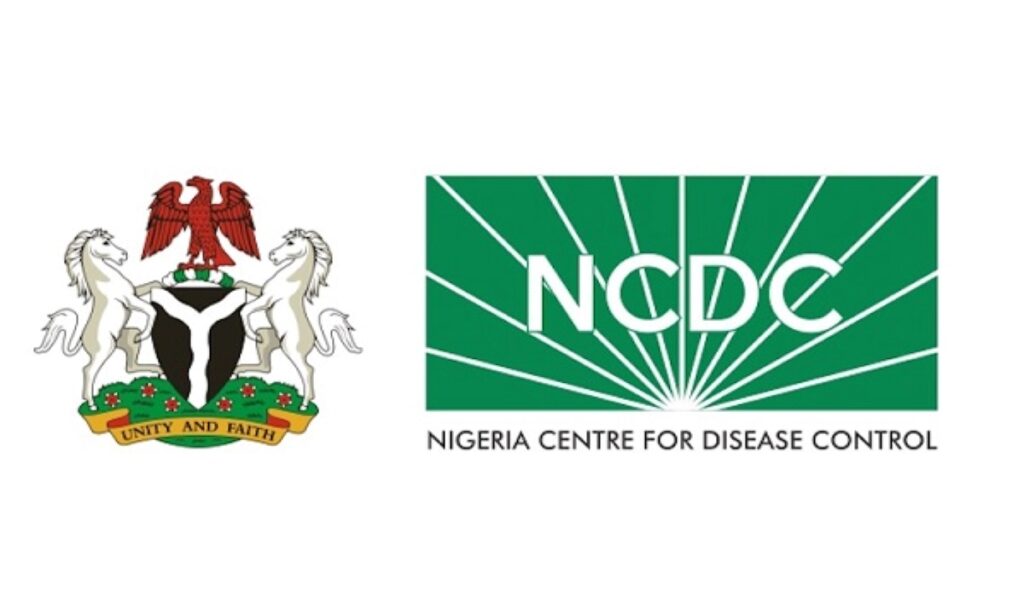The Nigeria Centre for Disease Control (NCDC) has announced that the risk of human metapneumovirus (HMPV) infection in Nigeria is currently considered moderate. The virus, which was first discovered in the Netherlands in 2001, causes symptoms similar to the common cold or flu, such as coughing, fever, nasal congestion, and tiredness. It has an incubation period of about 3 to 6 days.
While HMPV is often mild, it can lead to severe complications such as pneumonia, particularly in infants, older adults, and individuals with weakened immune systems. The virus spreads through respiratory droplets or contact with contaminated surfaces.
Recently, China has been facing an outbreak of HMPV, which has sparked global concern. India has also reported at least two cases of the virus.
In a statement issued on January 6, 2025, the NCDC assured the public that it is closely monitoring the situation in collaboration with the Ministry of Health. Current data from surveillance systems show no significant rise in respiratory infections, including those caused by HMPV. The NCDC is also working with port health authorities to ensure that safety measures are in place at all international points of entry.
“However, given the global trends in HMPV cases, the Nigeria Centre for Disease Control and Prevention (NCDC) is proactively implementing measures to strengthen the country’s preparedness and response capacity.
In collaboration with the Federal Ministry of Health and partners such as the World Health Organization (WHO), the U.S. Centers for Disease Control and Prevention (USCDC), and the UK Health Security Agency (UKHSA), conducted a dynamic risk assessment for Human Metapneumovirus (HMPV).
The assessment classified the risk of HMPV for Nigeria as moderate. This evaluation will inform and guide preparedness efforts, decision-making, and response strategies to mitigate potential impacts.”
As the situation evolves, the NCDC urges everyone to stay informed and follow any health advisories issued by the government.
“In addition, quarantine facilities are being identified and prepared to manage any suspected or confirmed cases if required. Infection Prevention and Control (IPC) materials are being deployed to PoEs to ensure adherence to hygiene and safety protocols. Information, Education, and Communication (IEC) materials are being developed and distributed to raise awareness and provide clear guidelines for frontline staff and travelers at PoEs.
The National Influenza Sentinel Surveillance (NISS) sites across the six geopolitical zones monitor Influenza-like Illness (ILI) and Severe Acute Respiratory Infections (SARI) which is already testing for COVID-19, will now also start testing for HMPV. Provisions will be made to increase the number of tests conducted. Additionally, laboratories in states with international airports will be supported to enable them to test for HMPV.”







